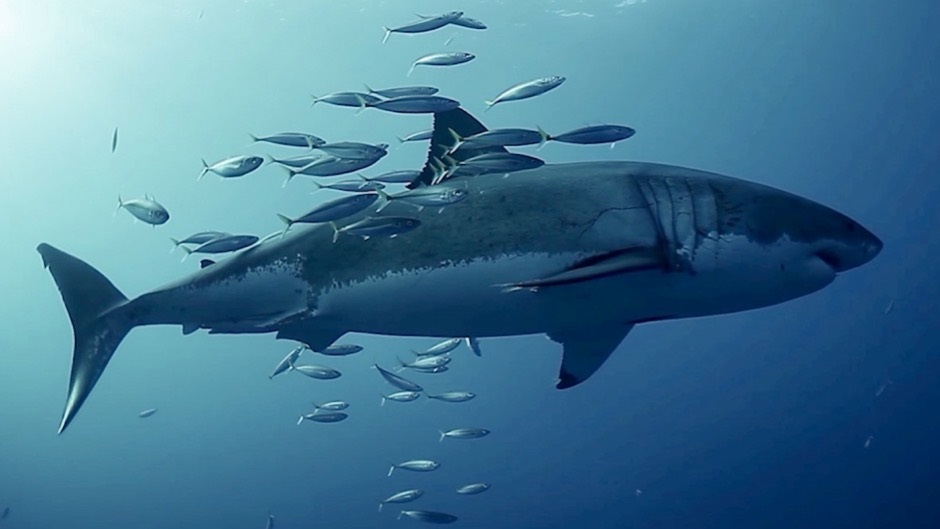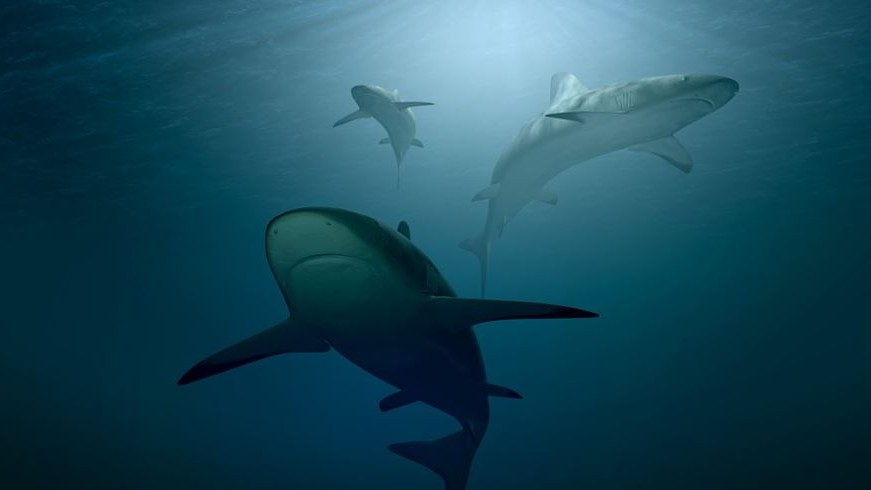
Sleep is a ubiquitous behavior found throughout the animal kingdom. It is usually characterized by sustained immobility and reduced responsiveness.
Despite the inherent vulnerability to sleep, its persistence over evolutionary time suggests that it fulfils one or more basic functions. One hypothesis for such a central function is that sleep serves to conserve energy by reinforcing rest and reducing metabolic rate in relation to wakefulness.
Energy savings during sleep have been reported in various animals, including humans, cats, rats, birds and fruit flies, but it was unknown whether the reduced energy expenditure also occurred while the fish were sleeping.
A study by a group of researchers from scientific institutions in Australia showed that sharks do maintain periods of sleep in order to reserve their energy.
For the research, led by Michael Kelly of the University of Western Australia, seven checkerboard sharks were collected from the Hauraki Gulf in northeastern New Zealand and housed in outdoor aquariums under natural light conditions. The animals were fed a sardine diet and maintained for a minimum of two weeks prior to the start of the experiments. Food was retained for at least 48 hours prior to the start of the experiments to ensure that the animals reached a post-absorption state.

After that period, these checkerboard sharks (which got their name because the color pattern of dark spots on their skin is similar to a checkerboard) were placed individually in the sealed respirometry chamber. Automated intermittent flow respirometry and video recordings began 48 hours later to allow each animal to acclimate to its new conditions before data collection began. Each protocol then lasted 24 hours where they were exposed to 12 hours of light and 12 hours of darkness.
During this period they were evaluating changes in the rate of oxygen consumption in order to define whether sleep is a determinant in the energy conservation of cold-blooded vertebrates or not.
Eye states were scored as open or closed and the body postures of inactive sharks were evaluated as flat (lying on the bottom of the tank) or upright (sitting on the pectoral fins). While the sharks kept their eyes open during the time they swam, they detected that during the sleep state the eyes of these animals remained closed.

Activity states were classified as swimming, rest (inactive less than 5 min) or sleep (inactive more than 5 min). The study revealed that sharks' oxygen levels were significantly low during the sleep period, which lasted about 5 minutes. Other signs that they sleep is that during the period of activity of the animals, that is, when they were swimming, high levels of oxygen were recorded.
As for the position of their body, scientists observed that while they sleep they adopt a flat body posture, unlike when they were at rest they remained upright. Thanks to this study, the ancient theory that assured that sharks did not sleep was shot down.
KEEP READING:
Últimas Noticias
Debanhi Escobar: they secured the motel where she was found lifeless in a cistern

The oldest person in the world died at the age of 119

Macabre find in CDMX: they left a body bagged and tied in a taxi
The eagles of America will face Manchester City in a duel of legends. Here are the details

Why is it good to bring dogs out to know the world when they are puppies



